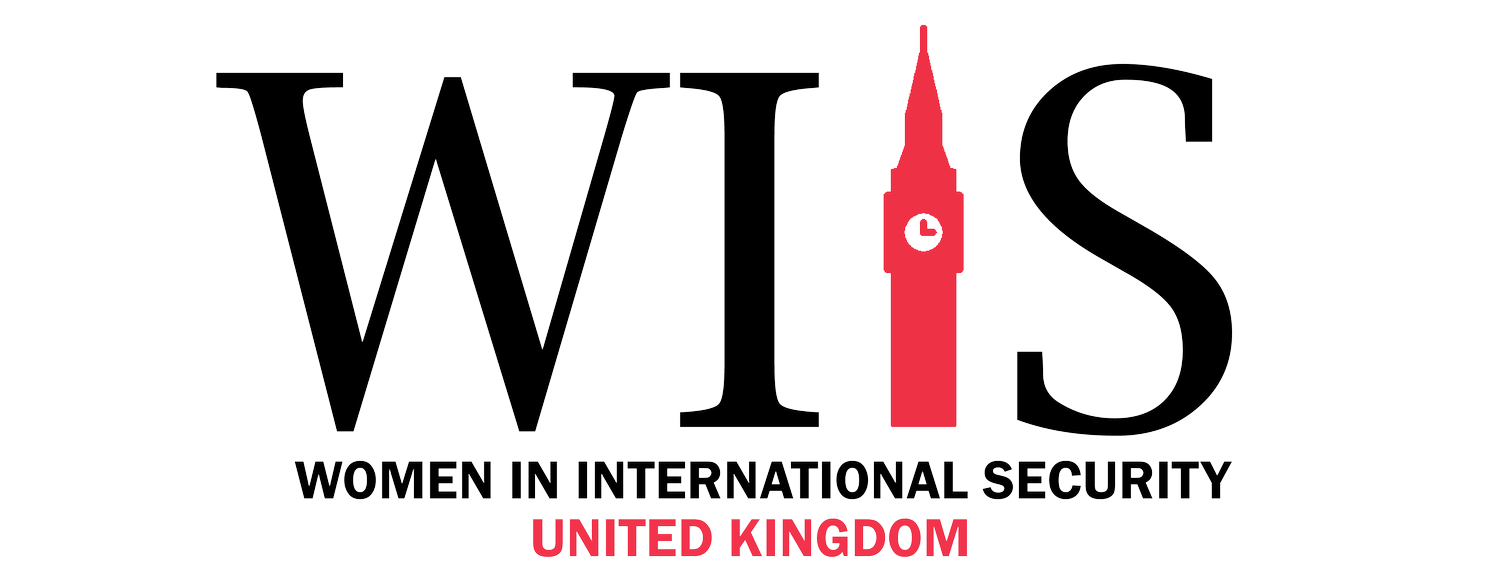Julia Voo
Julia Voo is a Cyber Fellow and leads the team behind Belfer's National Cyber Power Index. She was formerly the Research Director for the China Cyber Policy Initiative. She has research affiliations with the Future of Humanity Institute (Oxford), the Hague Program for Cyber Norms (Leiden), and the China-Africa Research Initiative (Johns Hopkins).
A 2019 graduate of Harvard Kennedy School's mid-career Master in Public Administration program, Julia served earlier at the British Embassy in Beijing.She lived in Beijing for seven years with stints at the EU Delegation to China, Carnegie-Tsinghua Centre for Global Policy, and she has spent time at the UK's Cabinet Office. Julia's research, writings and commentary have featured in several media outlets including the Financial Times, the Economist, BBC World News, Wired Magazine, and Cyberscoop.
What are you currently working on that you’re excited about?
Ever since I was at the British Embassy in Beijing, I’ve been fascinated by how technical standards - these esoteric, complex agreements that shape future technologies and which are thrashed out at jargon-filled global conferences - come to shape how we interact with technology. I’ve spent the better part of a decade studying these agencies and the standards they set, and there are two projects related to this that I’m excited to be working on. The first is advocating for improved cyber security standards at the national level. Through my role at HP Inc., I’m working to drive a more nuanced understanding of the role of technology companies in building cyber resilience. Second is my personal research project, where I’m conducting an in-depth study of how the UK, US and China are seeking to influence international technical standards for their geopolitical advantage. When I started exploring this topic it would bore others to tears, but now I’m excited that some governments are paying more attention to technical standards, because they have a sizable impact on the technological side of great power competition.
Thinking about your field, what are the main opportunities? What about the challenges?
One of the most obvious opportunities in the field of cyber and tech policy is that it is relatively new and also rapidly expanding - so there is plenty of scope to make a valuable contribution. An obvious challenge of the field is the lack of diversity. That’s not only in terms of a lack of representation from women in what is often thought of as a technical field (and particularly if you add in the cross-section of national security!) but cultural and ethnic diversity as well. There also needs to be further diversity of thought - cyber and tech policy is not just about understanding technology, but it also touches on sociology, psychology, economics and politics. Governments need to prioritize not only training up technical cyber security experts, programmers and engineers, but also those with the skills needed to maximize the opportunities and tackle the increasingly complex challenges the internet and related technologies present.
What advice would you give your younger self?
Have more confidence in your own capabilities. To put it another way, a quote I would pass down to my younger self is to “carry yourself with the confidence of a mediocre white man”.


